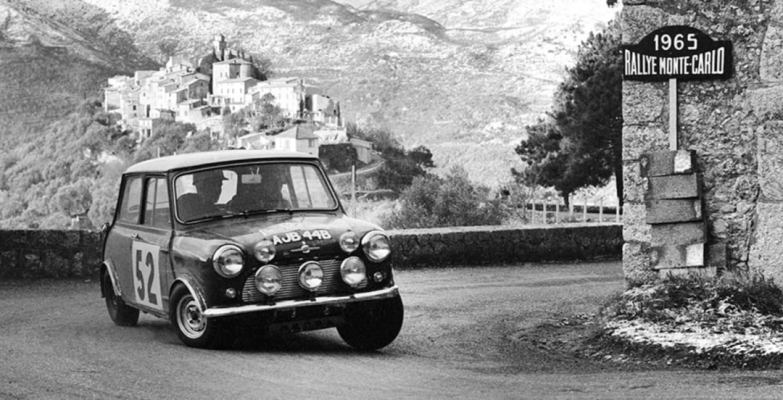- Joined
- Jul 12, 2011
- Messages
- 15,950
- Location
- Near Salisbury
- Car
- MX5 1.8 Sport, Range Rover 5.0 SC, BMW X1
No tester can be expected to have in depth knowledge of older vehicles that's why the MOT manual has exceptions and guidance plus the initial training supposedly covers decision making processes etc.True, with four years' experience etc and the appropriate guidelines, but I'm still wondering how easy it really is to judge the effectiveness of brakes, accuracy of steering, and typical "looseness" of fit on these things as we roll back the decades and 'try" to remember the original standard by which they were made?
(And yes, this is a Petersen, not a real one )
View attachment 167363
Working brakes, lights etc regardless of reaching modern standards should be inspected.


